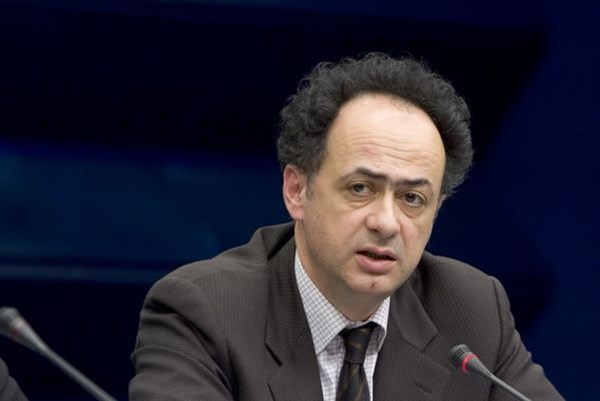EU Ambassador pointed out weaknesses and strengths in Ukraine’s implementation of the EU Association Agreement
The Head of the European Union Delegation to Ukraine, Hugues Mingarelli presented the report "Ukraine and the Association Agreement: Monitoring of the Implementation from December 1, 2016 to November 1, 2017" on Tuesday, December 12.
Interfax-Ukraine news agency notes that during the presentation he described areas where Ukraine lags in the implementation plan of the Association Agreement with the EU, as well as areas where it has made progress.
"Three years have already passed, and in some sectors, we are late. Particularly, special efforts should be made to catch up with… customs questions, tax policy, transport, and job creation. As of today, we have been unable to implement all our commitments in accordance with the schedule," the Ambassador stated.
Mingarelli stressed that it would be necessary to get the full involvement of the Parliament in the process of reforms. "Everyone knows that there are several bills that are not passed quickly enough and that are blocked in the Rada for one reason or another," the diplomat explained.
The Ambassador also noted the progress made in the fields of environment, energy, sanitary and phytosanitary requirements, as well as in the field of consumer protection.
On November 20, President Petro Poroshenko declared that the Ukraine-European Union Association Agreement was 15 percent implemented.
The Association Agreement came into force in full on September 1, 2017 but most of the treaties had acted before, as it had partially entered into force since September 1, 2014, and its trade part had been temporarily applicable since January 1, 2016.
According to the document, until 2025, Ukraine must implement about 350 acts of European legislation.
